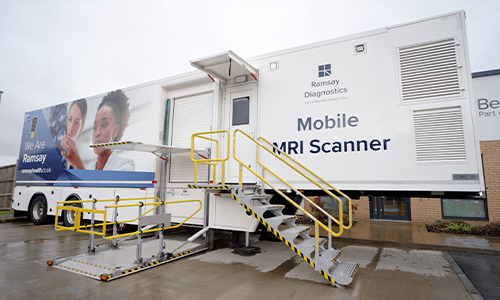Expert clinical psychology support is available at Ramsay Health Care. We have professional, caring and qualified clinical psychologists to help you to manage and recover from psychological distress.
You can book an appointment with one of our clinical psychologists in confidence and without waiting. You don’t need a GP referral to see them. They will develop a personal treatment plan for you after assessing your needs.
Our experienced clinical psychologists treat patients with a variety of mental health conditions. These include anxiety, depression, low self-esteem, body image, eating disorders, addiction, OCD, phobias, psychosis, personality disorder, learning difficulties, stress and trauma, and family or relationship issues. They use therapies including CBT and psychotherapy. Their aim is to promote your psychological well-being.
They also support patients with physical health conditions. These include rheumatological conditions, CFS/ME and fibromyalgia, pain, migraine, fertility difficulties, chronic health disease and arrhythmias.
All staff at Ramsay Health Care follow strict protocols to control and prevent infection, including Covid 19.










